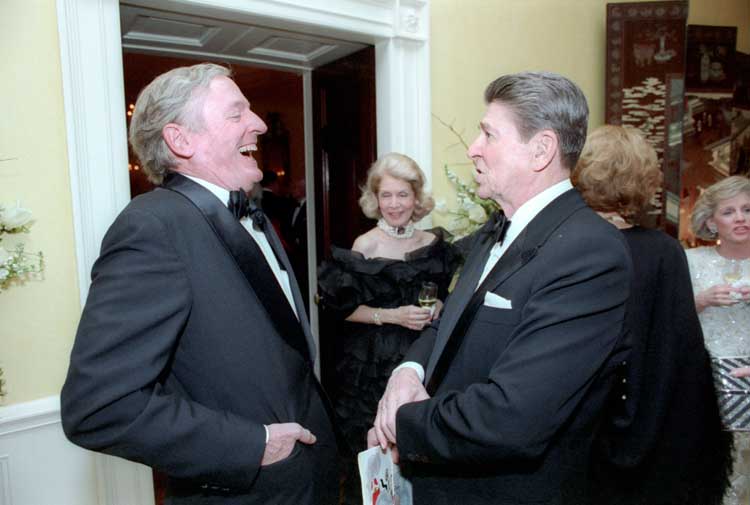
This will be my fourth blog entry about the presidential “Go back” tweet and the subsequent “Send her back!” rally in North Carolina. Here are the previous three:
Is Mr. Trump’s tweet and a North Carolina crowd’s reprise of it the most important or most pressing issue of our time? No. It’s not. Not on the surface, anyway. But it seems to me an extraordinarily clear one, an unambiguous test question.
President Trump now says that he was displeased by the chant of “Send her back!” that broke out when he began his denunciation of Rep. Ilhan Omar (D-MN) at his recent North Carolina rally. So much so that, he says, he “started speaking very quickly” in an effort to put an end to the chanting.
Actually, just for the record, he was silent for about fifteen seconds.
In a public speech, that’s a fairly long time. A tiny eternity.
Really, it is. Go ahead. Use the stopwatch on your iPhone and see how long it takes to count down fifteen seconds. Maybe hold your breath while you’re waiting.
“He didn’t stop anything,” observes the very anti-Trump comedian Trevor Noah. “He was basking in that moment like an iguana soaking up racist sun. He let that chant go on for so long, Usain Bolt could have won a gold medal in that time.”
Please contrast Mr. Trump’s inaction in North Carolina with this justly famous moment of grace from one of Republican presidential candidate John McCain’s 2008 townhall meetings, and with Barack Obama’s reaction to it:
“John McCain remembered: defending Obama from racist questions – video”
I strongly opposed Senator Obama in that election. I voted, with mixed feelings, for Senator McCain. I’m not pining for a bygone utopia that never was. But it seems plain to me that, in certain very important ways, we’ve changed quite a bit since then — and not for the better — both on the left and on the . . . whatever it is that Mr. Trump represents.
Here is the conservative commentator Jim Geraghty, writing for the venerable conservative magazine National Review:
“Stop Chanting ‘Send Her Back.’ Citizenship Isn’t Conditional.”
I also like what Rod Dreher, another prominent conservative writer, has to say:
And a writer for the American Conservative responds to both Donald Trump and Rod Dreher:
“Trump’s Hateful Lies About Ilhan Omar”
And here is the perspective of a Texas-born Sikh scholar:
“What it feels like to be told ‘Go back where you came from’”
Some have responded to me that, in effect, this is a total war between Republicans who want to save America and Democrats who want to destroy it. I’ve suggested that I probably won’t vote for Donald Trump in 2020. (I didn’t vote for him in 2016.) To fail to vote Republican is, they say, practically speaking to vote Democrat, and a Democrat vote is a vote for Evil.
I think that’s quite a bit too simplistic, and I regret the mutual demonization and the fragmentation that are occurring in our politics. Still, to the best of my recollection I’ve never cast a Democratic ballot in a partisan race, and I have no intention of going over to the Democrats now, either.
But I recall another episode from an earlier — though not really far distant — time:
“Joe Lieberman and the Buckley Connection”
Now, incredible but true, some will probably tell me that William F. Buckley Jr. wasn’t a real conservative. And, sadly, some probably won’t even recognize his name.
But Mr. Buckley’s story here makes my point: I am a libertarian-leaning conservative and federalist to my core. I was a Republican because the Republican Party seemed the best vehicle for effecting conservative, federalist, free-market, limited-government reforms. It still may be that, but, with Mr. Trump at its head, it has turned its back to a surprising degree on elements of conservatism that I cherish. I resigned from the party on the night that Mr. Trump accepted its nomination. I hope, someday, to be able to return.
I’m nostalgic for the sort of positive conservative message represented by President Ronald Reagan’s famous 1984 “Morning in America” re-election ad:
“Ronald Reagan: ‘Morning in America’| Campaign 1984”
Like Ronald Reagan in one respect, anyway, President Trump has a good economic story to tell about his first-term tenure in the White House. There is no need, as we approach 2020, for him to sow division and to appeal to atavistic anxieties and dishonorable subterranean hostilities. But if doing so is the price required for victory, I’m not sure that victory is worth that price.










